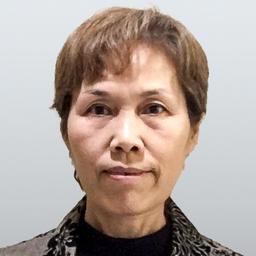Tallness has become a mate-selection criterion for young men and women in China, and an entry criterion for some occupations. Chinese parents’ anxiety about their children’s height has led to the misuse of synthetic human growth hormone in China, experts warn, citing the short and long-term side effects of administering the hormones to normal, healthy children.
‘Height Boosting Shots’: A Summer Trend
According to Chinese media reports, since the beginning of summer vacation in early July, consultations at the endocrinology specialist clinic at Beijing Children’s Hospital nearly doubled. More than 90 percent of them are parents who come to consult about their children’s height. Some parents explicitly ask doctors to give their children “height boosting shots,” that is, injections of human growth hormone to make their children grow taller.Over the past few summers, a similar thing happened in other parts of China, as “height boosting shots” became popular. A report in Beijing Evening News said that prescription growth hormones appear to be abused. The report said that influenced by parents’ demands and high rebates from pharmaceutical companies, some hospitals overprescribe growth hormones. Many parents of healthy children who cannot obtain growth hormone prescriptions from large public hospitals, turn to private hospitals, or even buy it through other channels to inject themselves.





